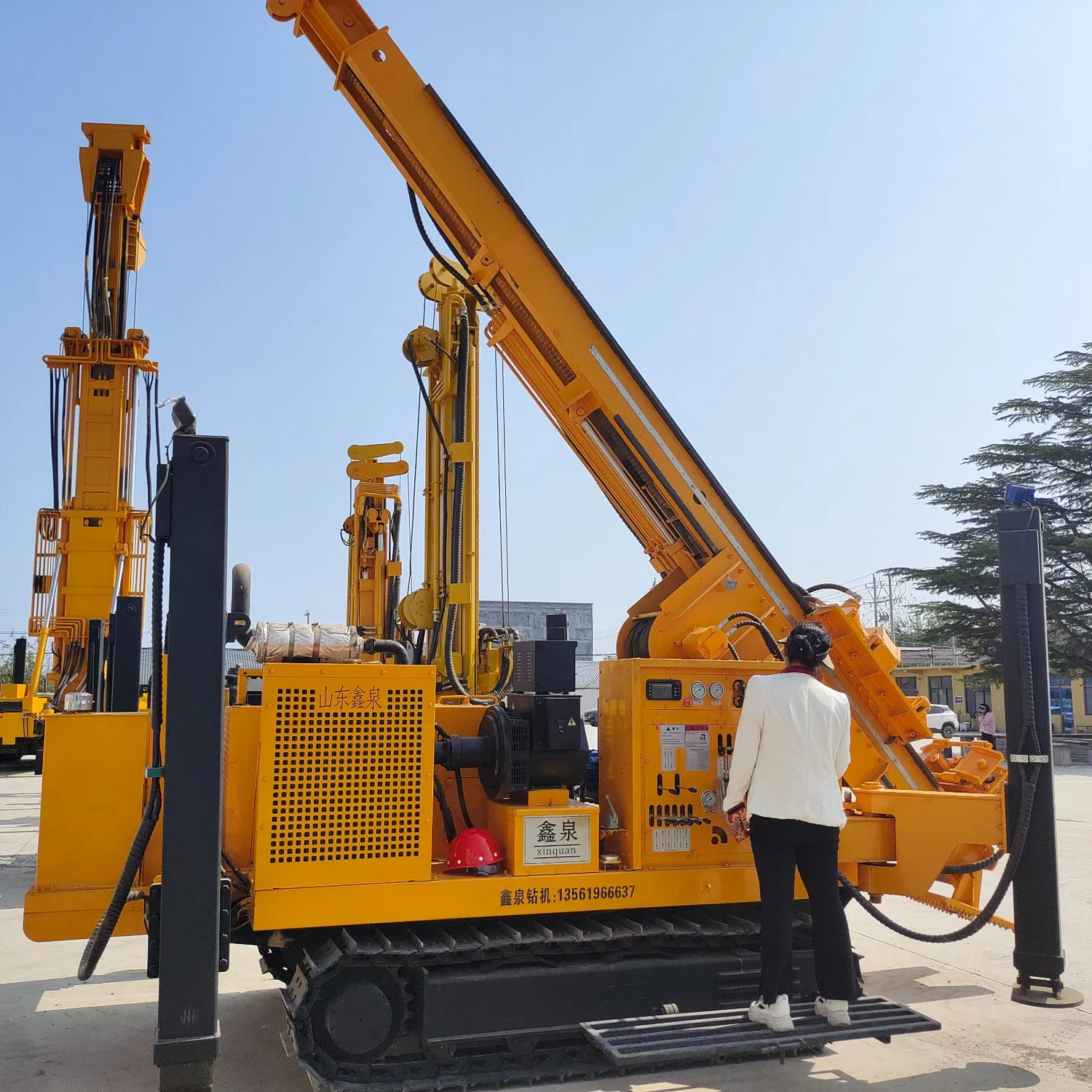Oil Drilling Rig Safety Operation Guide: Key Technical Points for Professional Drilling
Drilling operations are one of the most critical stages in oil and gas exploration and development. Proper drilling rig operation not only improves efficiency but also ensures worksite safety. This article details the core precautions and technical standards in drilling operations, helping you understand professional drilling procedures.
1. Wellbore Trajectory Monitoring & Drill Pipe Management
Accurate wellbore trajectory monitoring is essential for successful drilling. Professional drilling teams pay special attention to the following details:
- Surveying Standards: Conduct surveys only when the kelly is fully lowered and no single pipe is being added.
- Drill Pipe Movement: Maintain at least 2 meters of pipe movement every 1-2 minutes during surveying tool transport.
- Digital Recording: Modern drilling systems simultaneously log geosteering data and rate of penetration (ROP) for analysis.

2. Real-Time Drilling Parameter Monitoring System
Continuous monitoring is the first line of defense against drilling incidents:
- Multi-Parameter Tracking: Establish a 3D monitoring system using weight indicators, pump pressure gauges, and torque meters with safety thresholds.
- Rapid Response Protocol: If weight drops by >3% or pump pressure fluctuates by >1.5 MPa, immediately initiate a three-level troubleshooting process.
- Smart Diagnostics: Advanced drilling systems automatically analyze abnormal readings and suggest potential failures.
3. Wellbore Cleaning & Cuttings Management
Maintaining a clean wellbore is crucial for drilling efficiency:
- Solids Control System: Use a three-stage setup (shale shaker, desander, and centrifuge).
- Cuttings Monitoring: Track real-time volume changes and analyze anomalies promptly.
- Regular Inspection: Perform microscopic cuttings analysis every 30 meters to evaluate cleaning effectiveness.
4. Tripping & Formation Contact Control
Safe tripping operations require strict adherence to these steps:
- Staged Circulation Startup: Gradually increase pump speed from low RPM to working RPM in three phases.
- Bit Break-in Procedure: Different bit types (roller cone/PDC) require specific run-in protocols.
- Digital Control: Smooth transition curves for drilling parameters ensure stable operation.
5. Precision Drilling & Pipe Connection Techniques
Accurate control is key to efficient drilling:
- Drilling Methods: Alternate between pulse drilling and constant-weight drilling.
- Multi-Parameter Coordination: Balance weight indicator fluctuations, lowering speed, and ROP.
- Pipe Connection Prep: Gradually release drilling pressure before adding a new pipe for safety.
Modern drilling operations now incorporate intelligent control systems, combining parameter-based operation and preventive maintenance. This approach can extend bit life by 15-20% while reducing downhole risks by over 30%. Choosing professional drilling equipment and an experienced team is essential for safe and efficient operations.
SEO Optimization Notes:
- Keywords: oil drilling rig, drilling safety, wellbore monitoring, cuttings management, drilling efficiency
- Lesbarkeit: Simplified technical terms for broader audience understanding
- Call to Action: Encourages engagement by emphasizing the benefits of professional drilling practices
- Structured Format: Clear headings and bullet points for better user experience (UX)
This version is optimized for international trade websites, balancing technical accuracy with SEO-friendly language. Let me know if you’d like any refinements!
 Bohrinsel Bangxin
Bohrinsel Bangxin